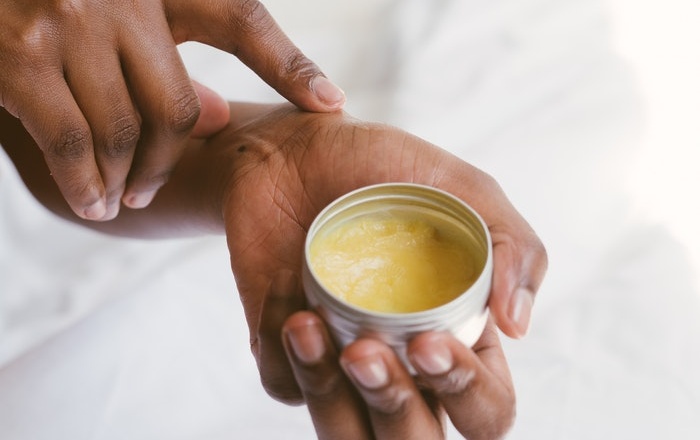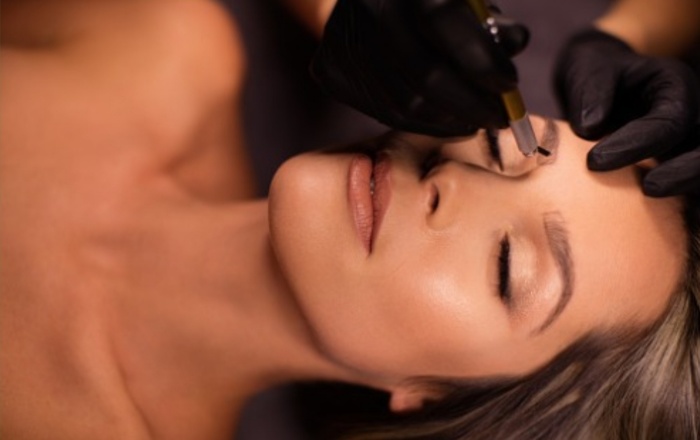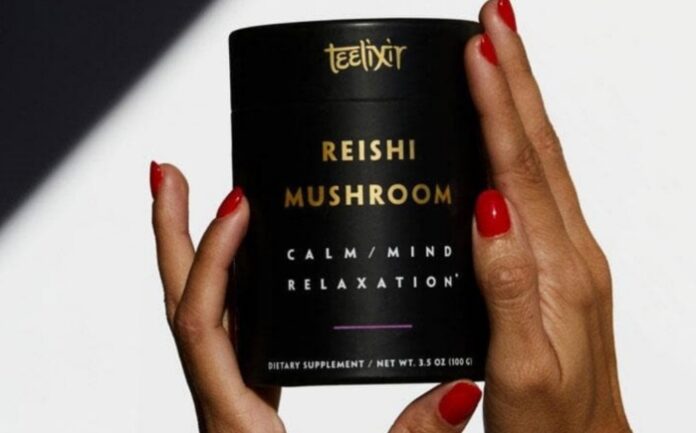You must be familiar with a lot of health supplements available on the market these days. But not every supplement is effective and safe for everyone. That is why many people choose organic extracts of certain ‘superfoods.’ One such supplement is a red Reishi mushroom extract and some mushroom gummies to eat.
Reishi mushrooms are widely known for their ability to boost energy levels, slow down the aging process, and lower blood pressure. Well, these are not the only benefits these fascinating mushrooms can offer. They are not known as “the king of mushrooms” for nothing.
It comes as no surprise that Reishi mushrooms have always been popular for their health benefits. They have been used for thousands of years in various parts of Asia. Also known as Ganoderma lucidum, Reishi mushrooms have managed to gain the attention of the entire world in recent years. In fact, a lot of people use Reishi mushroom powder in Australia these days.
In this post, you will learn about some of the fascinating health benefits of the Reishi mushroom. This way, you can decide whether or not to use them for your health. So, let’s get started.
Benefit 1. They have anti-aging properties
Who doesn’t want to keep looking young forever? Well, it is not really possible for anyone to achieve that goal. But you can surely avoid the early aging signs by simply incorporating reishi mushrooms into your daily diet.
These mushrooms have been around for centuries and have positive effects on longevity. Free radicals can cause certain chronic diseases and premature aging. But the antioxidant properties of several compounds found in reishi mushrooms can help in neutralizing these free radicals. Hence, they help in preventing premature aging.
Benefit 2. They can effectively reduce inflammation
Another great benefit of incorporating the best reishi mushroom supplement is that it can help you manage inflammation effectively. Reishi mushrooms are known for having anti-inflammatory properties, which can be beneficial against cognitive disorders.
They can help in enhancing the flow of blood to your brain, hence reducing inflammation. This is extremely beneficial for people suffering from chronic diseases, such as arthritis and gout. In fact, if you suffer from headaches or encounter an injury, a reishi mushroom supplement can help you deal with that as well.
Benefit 3. They can improve your immune system
For thousands of years, people from Asia regions used reishi mushrooms to enhance their immune systems. The beta-glucans found in these mushrooms are known to be very effective and powerful in boosting the immune system.
Beta-glucans found in reishi mushrooms can be beneficial for you in dealing with a variety of potential diseases. In addition to this, they can also help in managing and reducing the signs of aging. Not only this, but reishi mushroom extracts can also be beneficial for people with HIV and cancer.
Benefit 4. They can help in alleviating fatigue
The last benefit we are mentioning on this list is the ability of reishi mushrooms to alleviate fatigue. Traditional medicine suggests that these mushrooms are effective in boosting energy levels in people. In addition to that, reishi mushroom supplements can also help in reducing stress, which can cause fatigue.
The above-mentioned benefits of reishi mushrooms explain why you should consider incorporating their extracts into your daily diet. They can enhance your quality of life by promoting overall well-being.
Readers Might Also Like:
 Soulja Boy Trending After OnlyFans Nudes Reveals He Really Is ‘Big Draco’
Soulja Boy Trending After OnlyFans Nudes Reveals He Really Is ‘Big Draco’ Skincare After 40 – Actionable Tips To Go A Notch Higher
Skincare After 40 – Actionable Tips To Go A Notch Higher
 Chrisette Michele Launches Her Clothing Line, ‘Moody by Chrisette Michele’
Chrisette Michele Launches Her Clothing Line, ‘Moody by Chrisette Michele’
 Eyebrow Micropigmentation vs. Microblading: What’s the Difference?
Eyebrow Micropigmentation vs. Microblading: What’s the Difference?

